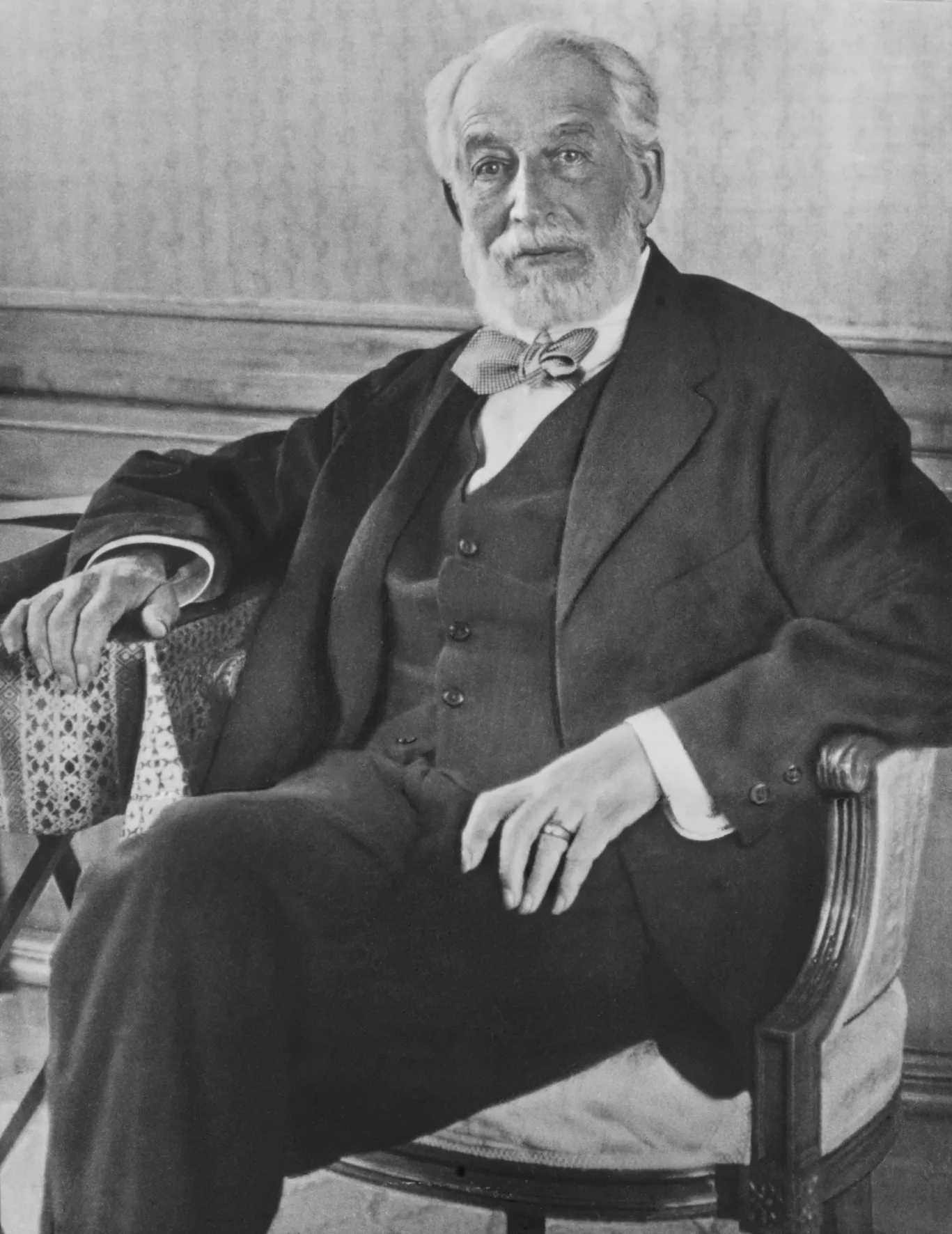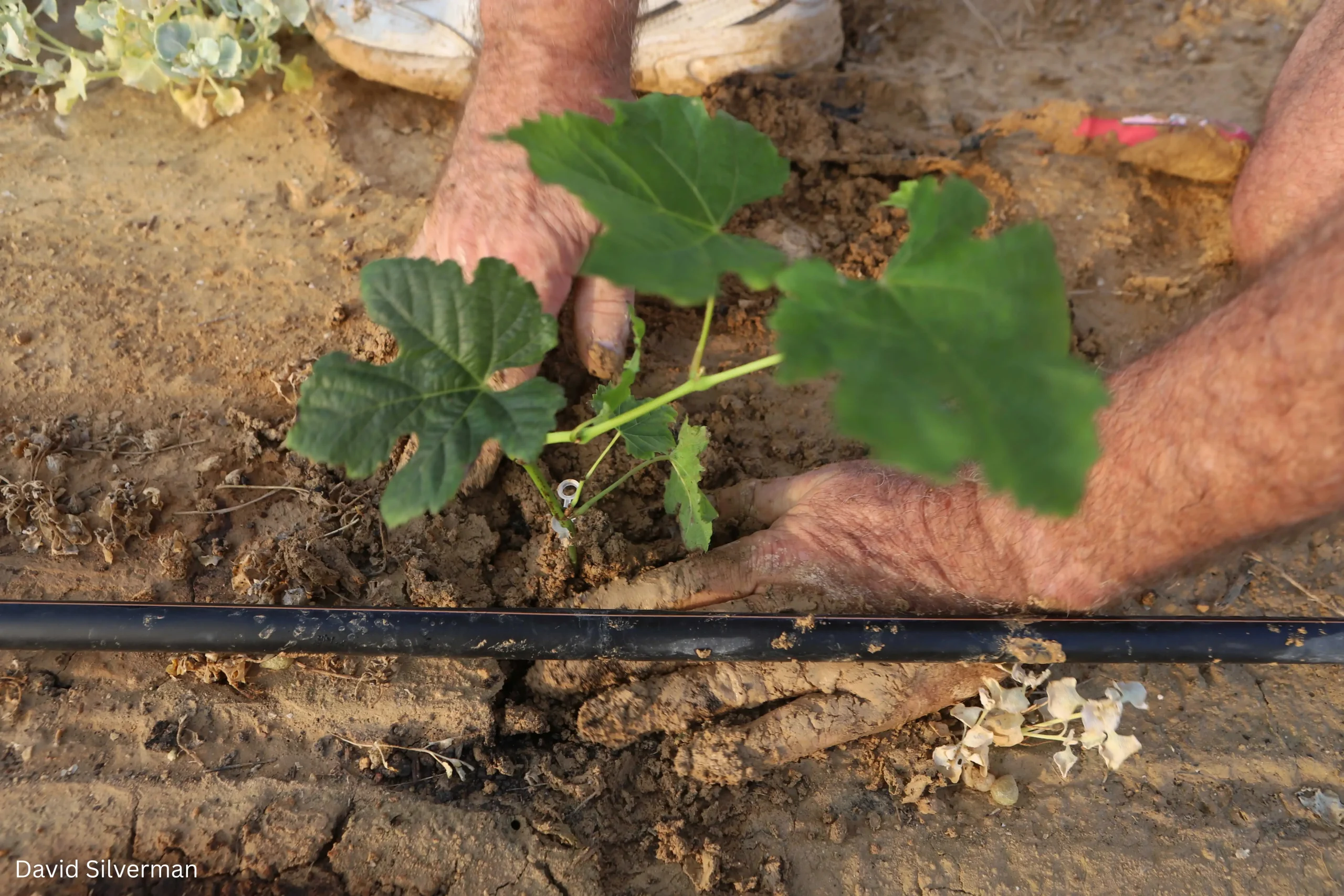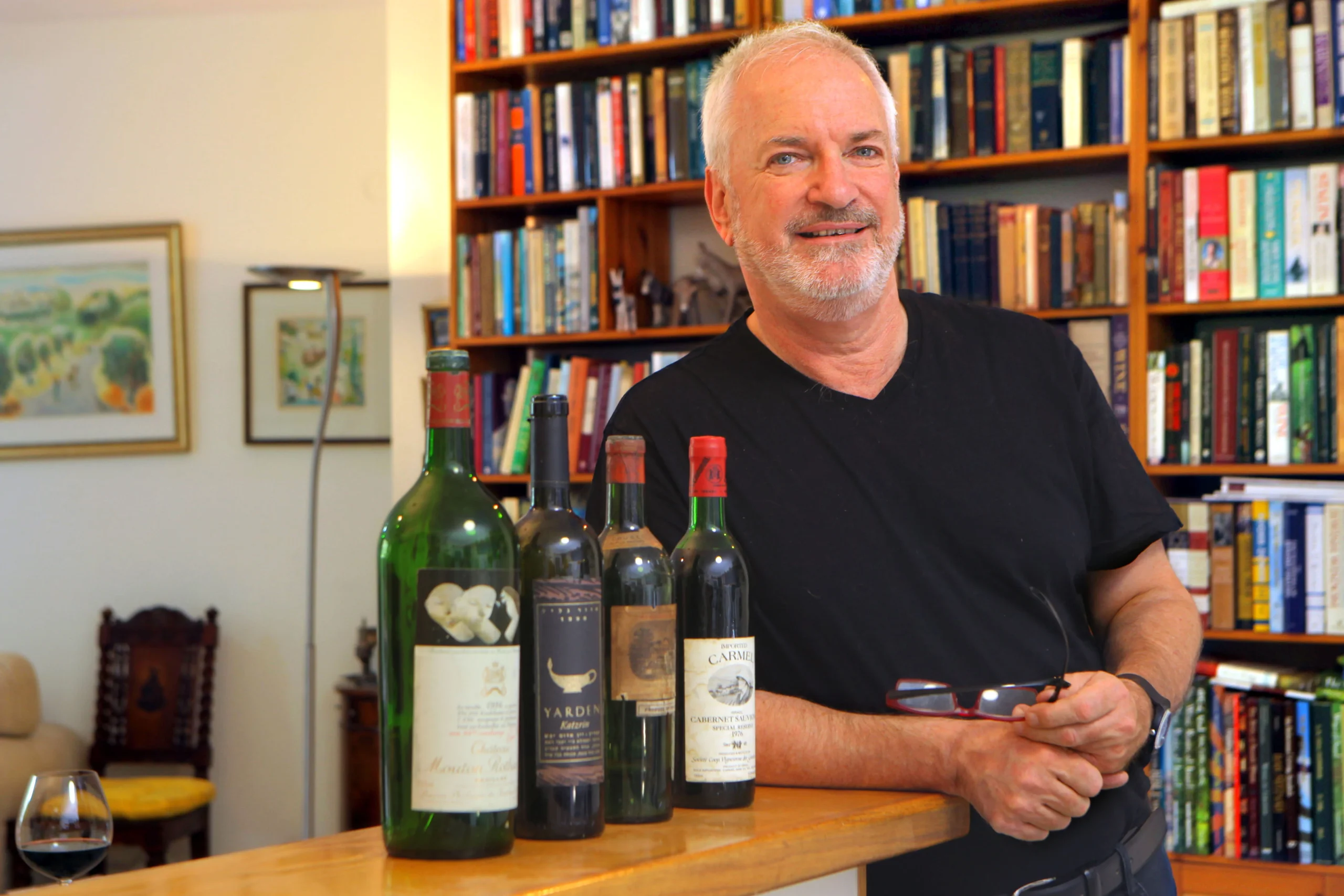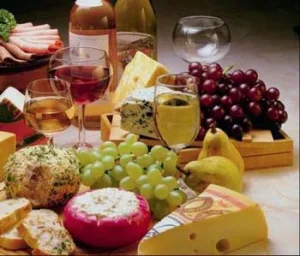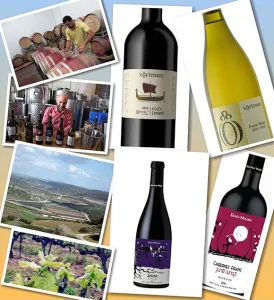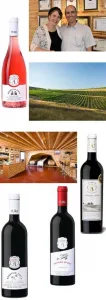This article first appeared in the Wine Talk column in the Weekend Supplement of the Jerusalem Post
I was delighted to have the opportunity to meet Bruno Quenioux, barely known outside France but whose influence has spread around the winemaking world. He is a terroir’iste, which means he likes to bring the terroir, or a sense of place, into the taste of wines. He is a guru to many producers in France.
I met a dapper, immaculately dressed man, slightly tense and outwardly reserved. Only the flashing eyes betray the fire that burns in his soul. When he starts to talk you begin to understand. He is a crusader against wine globalization.
This is a spreading disease whereby wines from different parts of the world begin to taste the same wherever they are made. Overripe fruit, high alcohols and over use of oak are other manifestations. He compares the difference of a sculpture as being like a modern wine made from nothing, as opposed to the stone Bibovinomason who molds something that is exists. In his terms, the vineyard, climate and grape variety.
He was born in the Loire Valley, virtually in a vineyard. His was a farming family. He knew vineyards, but it was a red Burgundy that caught his imagination. He drank a Corton 1976 which he describes as a magical encounter, almost a religious experience and his calling was sealed.
The upshot of his message is that wine education is the scourge of wine because it teaches people to taste and analyze with the brain, when people should be encouraged to taste with the heart. He believes wines today are too pornographic and in your face, when they should be more erotic. He wants to bring a spiritual approach back into wine enjoyment. In his view, the essence of wine has been destroyed by the tasting note, which has killed the spirituality and conviviality of wine.
This does not mean he does not have a scientific approach. He used science to hone his craft, learning to get the most out of a vineyard and gained great insights by studying the wine styles and wine culture of the Ancient Greeks and the Bible.
He was a sommelier in one of the top wine stores in France and eventually graduated to run the wine department in Lafayette Gourmet. There was a paradox in this man of the soil with the passion of a prophet, working in one of Paris’ symbols of luxury. However, he succeeded in influencing a generation of winemakers back to the soil. He became their guru, gave them a place to show their wines pour encourager les autres.
He does not see growing organic or biodynamic vines as an end in itself, but believes in both to enhance the taste of dirt in the wine. Clean, sterile technically made wines are not for him.
He recommends tasting with the eyes closed and gently chewing the wine rather than sucking in air as one is taught. Whilst holding the wine in one’s mouth, he illustrates that first you taste the wine and later the place where it is made. A tasting note for him is the feelings of a poet rather than the contents of a fruit basket. He won’t talk about forest fruits, berries and cherries. He wants wine to be less-complex, reducing the ceremony but giving more undiluted pleasure.
He believes the key is choosing grapes suitable for the terroir. For instance he does not think Cabernet Sauvignon is right for Israel and does not think much of Syrah at all. He suggests Carignan and Cinsault as grapes suitable for a hot climate with a water shortage. Of course Carignan has been the mainstay of Israeli wine for 130 years, and thanks to Carmel, Recanati and Vitkin wineries, has undergone a revival in the last ten years. Cinsault was originally planted in Israel in the 1880’s but disappeared a long time ago. However not far from here, it became Lebanon’s most planted variety.
Quenioux does not know Israel well but is eager to learn more. He thinks the Golan Heights is a quality region. The wines of Yarden and Castel featured in Lafayette Gourmet at different times. Recently he tasted the James Chenin Blanc produced by Sea Horse Winery, which he says reminded him of home. (Chenin Blanc is at its best in the Loire Valley.)
The reason he was here was for the launch of the first BiBoViNo wine shop in Israel, an initiative launched by three French entrepeneurs. This is bringing Bag in the Box wines to Israel. Thirty years ago, Bag in the Box represented the cheapest, nastiest wine you could buy. Carmel used to sell a three liter box until comparatively recently. However technology has improved and the younger wine drinker is less locked into the idea of a glass bottle with a bit of tree bark as a stopper.
Quenioux has a number of protégés who make highly individualistic wines by following his creed. Equal contributions by winemaker, terroir and climate influence the final result, rather than the winemaker and winery manipulations being too dominant. His selections make up the BiBoVino wine list.
The wines all come in three liter wine boxes which are in the same bright purple color. I asked him how the similar packaging conveyed the individuality he sought to convey. He was ready and waiting with an answer! He explained that this was the whole idea: To make the wine talk instead of the packaging. ‘Ignore how it looks, don’t start checking the grape varieties, just enjoy the wine’.
The wines take you on a tour of the regions of France. Many will be new to the average drinker. They work out at between 50 to 100 shekels a bottle. A box open will last up to four, maybe six weeks. Ideal for the couple of glasses a night merchant.
Bruno Quenioux is riveting and the concept is interesting and innovative. If you are curious, go and see for yourself at BiBoViNo, 48 Ibn Gibrol, Tel Aviv. There you can taste and then buy the wine of your choice. You will be received by French sommeliers in matching purple aprons ready to guide you. Though the wines are not kosher, they would like to introduce a kosher wine sometime in the future.
If you want a bite to eat along with your glass of wine, the Salade Nicoise is a feast for the eyes and I can also recommend the Matias Herring. You can sample Bag in the Box and experience French chic in the middle of Tel Aviv! A votre santé!
I tasted the wines. My favorites were as follows:
Bourgueil Les Grandes Rangs 2012
This is my best buy: Cabernet Franc at its best and most refreshing. Medium bodied, aromative black fruit flavours, a touch of attractive greenness, mouth-filling flavor and a great balancing acidity.
Price: 235 ILS for three liters (equivalent of 58.75 shekels for a bottle)
B-418 2012
This is a unique wine made from a parcel (plot) of pre-phylloxera, very old vine, Carignan grapes. It is a big wine, quite full bodied with soft tannins, a mass of plums and cherries with a herbal hint in the background.
Price: 280 ILS for three liters (equivalent of 70 shekels for a bottle.)
Coteaux des Travers, Rasteau 2013
A blend of Grenache , Syrah and Mourvèdre. It is wine made in the southern Rhone, with a wonderful sensual nose of elegant raspberry and strawberry fruit, with an elegant finish and long length.
Price 325 ILS for three liters (equivalent of 81.25 shekels for a bottle)
Adam Montefiore works for Carmel Winery and regularly writes about wine for both Israeli and international publications.
[email protected]<span style=”vertical-align: bottom;”> (mailto:%[email protected])













